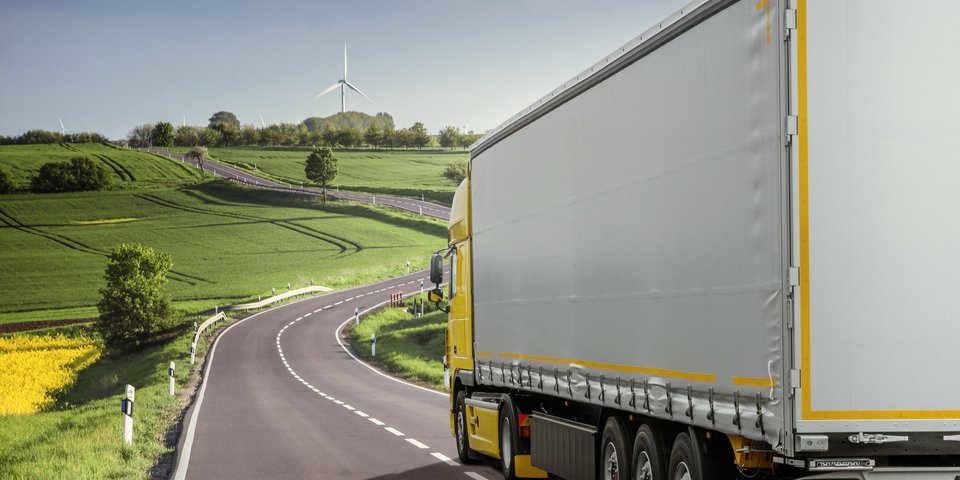 iStockphoto/paulbranding
iStockphoto/paulbrandingProtest on Europe's streets
Truck drivers go on a wage strike
IF – 10/2023
It is not often that workers' strikes at
European level receive as much media and political attention as the striking
groups of truck drivers at the German Gräfenhausen motorway service area in the
State of Hesse. One could even speak of scenes worthy of a film as the haulage
company had its own goon squads sent out to massively threaten and intimidate
the truck drivers. This behaviour led not only to horror in politics, but also
in their own industry. The practices of a few companies are considered opaque and
not very employee-friendly.
Trigger of the strike
The grievance became public via a
European-based haulage company that refused to pay its lorry drivers their
wages. Not only the haulage company in question had been guilty, but also
companies supplied as well as subcontractors that were part of the supply chain
in the European Union. The strike lasted almost two months and kept European
social politicians in and around Brussels busy. 110 trucks were parked at a
motorway service area and refused to deliver their goods. Former drivers of the
haulage company in question without trucks also came to join the protest and
demand the wages the company owed them for months.
Agreement reached through European cooperation
The political pressure against the anti-employee
conditions showed effect and the outstanding wage was paid by an affected
company in the supply chain. The European Supply Chain Act is a good start in
standing up for fair and transparent treatment of employees. In close
cooperation with the German Federation of Trade Unions (DGB) and the Dutch
Transport Workers' Union (itf), the injured parties received back pay after
tough negotiations and the haulage company in question agreed not to take legal
action against the strikers.
Great relief, but consequences necessary
Many MEPs visited the strikers and not only
problems with wages were raised, but also other grievances such as lack of
sanitary facilities as well as safe and sufficient parking spaces along the
European routes. The two MEPs Gaby Bischoff (S&D/DE) and Agnes Jongerius
(S&D, NL) called for an assurance that such grievance would not recur.
Europe should draw political consequences from this in order to continue to
protect all employees from such exploitation in Europe.
Reaction of the European Commission
The European Commission refers to the
European Mobility Pact. The working conditions of
drivers and the fight against unfair practices in the sector are at the heart
of the adopted Mobility Pact and are a priority for the European Commission.
After consultation with Member States and stakeholders, guidelines were drafted
with the European Labour Authority. In the area of posting, there is already a
public interface to the
Internal Market Information System (IMI) for
posting drivers in the road transport sector. Companies can submit posting
declarations and send them to the competent authorities for verification. 16
Member States are currently facing infringement proceedings.
Improvement required
The transport industry does an important job
for the functioning of society – the free movement of goods, thereby making a
major contribution to the European single market. Existing protection rules are
to be improved, for example by enhancing controls and regulations to ensure
worker protection in the long term.
